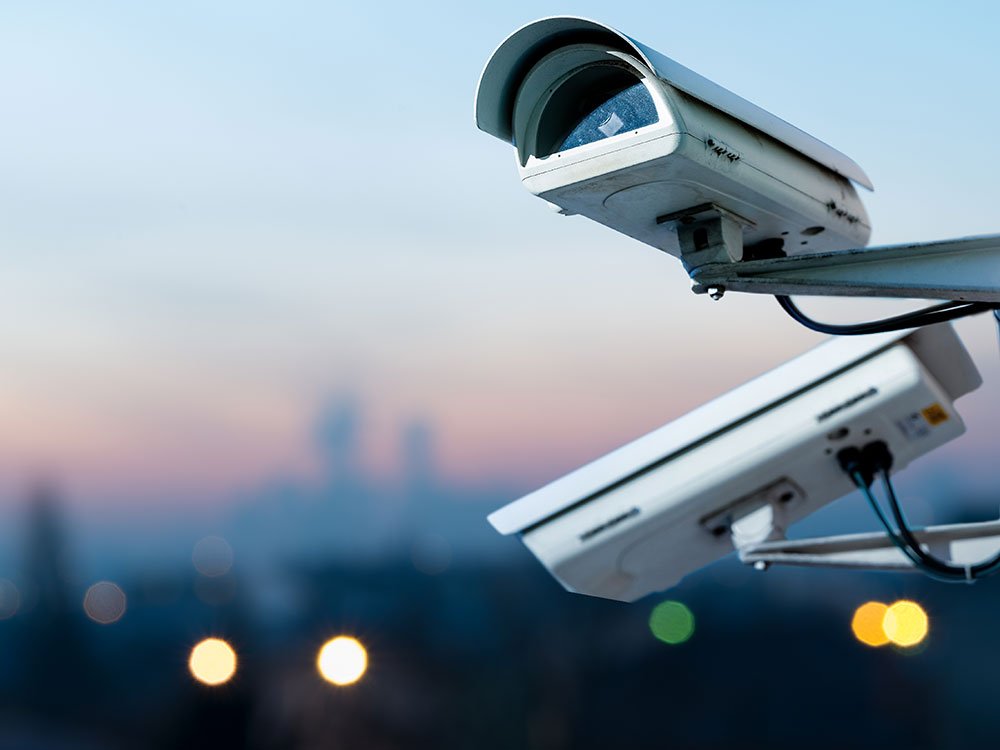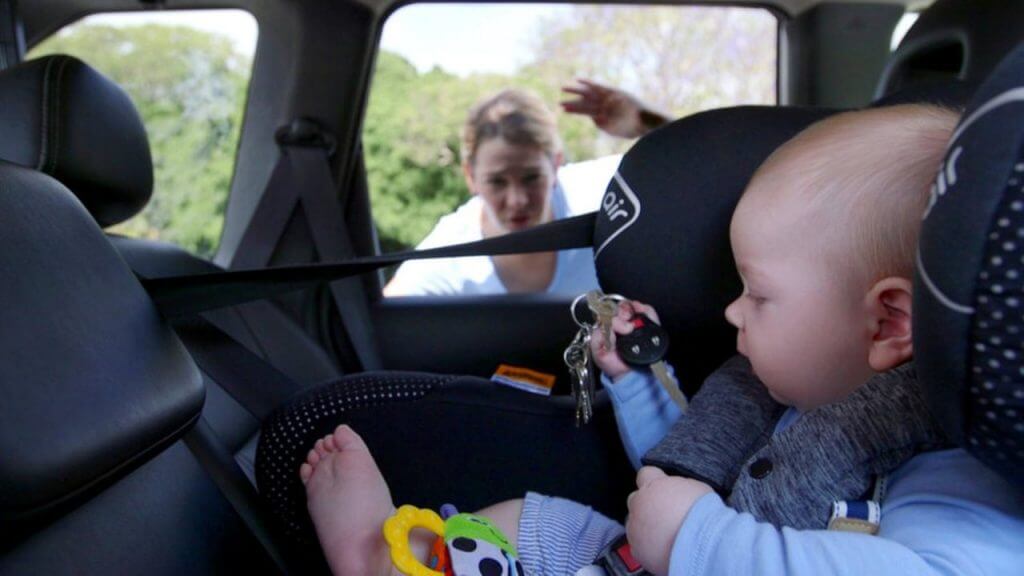Someone theft in the shop. News outlets show surveillance footage to society. Thus surveillance camera makes it easier to catch the culprit. It’s all the miracle of a surveillance camera.
But these cameras are always on, and they recorded the people even when they do not commit a crime. They record us whether we’re walking, shopping, driving. Hence video surveillance is everywhere in our life.
Surveillance cameras are popping up everywhere in public places. They watch us all the time. That’s why privacy issues are rising. Should we rejoice or worry about it?
Surveillance cameras are now a familiar phenomenon. On the one hand, it gives us a feeling of greater security, but on the other, we’re constantly under observation. It dramatically affects our privacy.
However, your privacy issue depends on government is filming you or anyone else is videoing you. As with smartphones and with their cameras, people can record anyone at any time. All these surveillance measures can raise serious privacy issues.
What would happen if you were attending powerless internet broadcasting images of your dangerous maneuver? If a dozen people only see it, there is probably nothing to worry about. But when the counter shows more than 3 million views, it’s different…!
The installation of a video surveillance device must be done within a legal framework. And with respect for the privacy of individuals.
Most of the businesses, homeowners, law enforcement agencies, and other use CCTV cameras to enhance security.
Before installing a video surveillance device, here is what you need to know to respect the privacy of others and their right to the image.
Video surveillance and privacy: basic rules
- It is forbidden to film a public place except with prefectural authorization. For example, an outdoor camera installed at your home must not shoot the sidewalk, the road, or the neighboring houses.
- The installation of the device can justify by reasons of security of the places and people. Especially not the will to spy on the staff.
- If the system provides for data recording on a digital medium, the file must be entered in the body’s processing register;
- You must have the consent of the persons concerned to be able to film them. (Public places: only isolated and recognizable persons must give their consent).
Video surveillance and privacy: informing the public
It is compulsory to inform the public or the employees (in the case of a company) likely to be filmed and recorded by the cameras:
- On public roads: the display of signs with the symbol of a camera;
- In public or private places: signs or posters indicating that the premises are under video surveillance;
- The procedures for exercising the right to image;
- The name of the manager
- The name of the recipient of the images;
- In a company (or in an individual employing staff):
- Personal information (mail) and a group of employees;
- Information on Social and Economic Committee (over ten employees).
Video surveillance and privacy sanctions
If you do not meet these obligations, every individual is entitled to seek compensation for violation of their image and private life.
The main principle of privacy law revolves around data protection. If someone films for himself and the purpose are his domestic sphere (private or family), no problem. “The question is how far we can go”. If I post pictures on my blog, and they are visible by my friends on Facebook, my friends become increasingly indeterminate. The border is not apparent. If I put the same images on YouTube or publicly accessible sites, then we will clearly be outside of section 3 of the law. From that point on, the law must apply; and you have to respect the principle of access to people, the consent of the person concerned, etc.”
It all becomes so easy with technological advancements. Usage is out of control, except by restricting people’s freedom and affecting their own privacy. We are notably hang up between the limits of privacy and freedom of expression. In the name of the privacy of others, are we not putting restrictions on the lives of citizens?
There is no privacy possible, if not secrets, at least discretion. So, it is true that, under certain circumstances, the system can have advantages. So, if a pedestrian rushes under the wheels of my car, with an on-board camera, I can easily prove that I am not at fault … But still, I think it is dangerous. We open a Pandora’s Box. You’ve to keep bubbles in which you are pretty much at home. And for the rest, too bad: you’ve to take risks in life…! ”
For more interesting and informative articles, click here.






